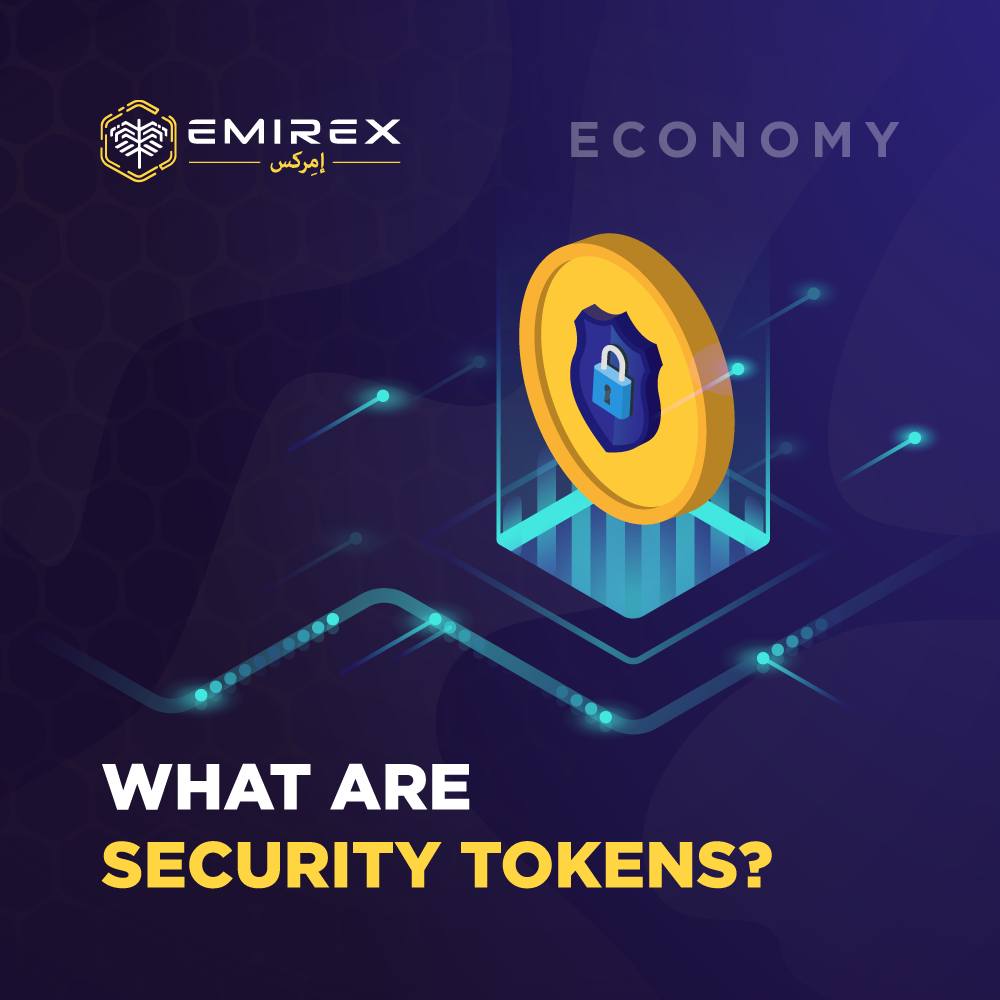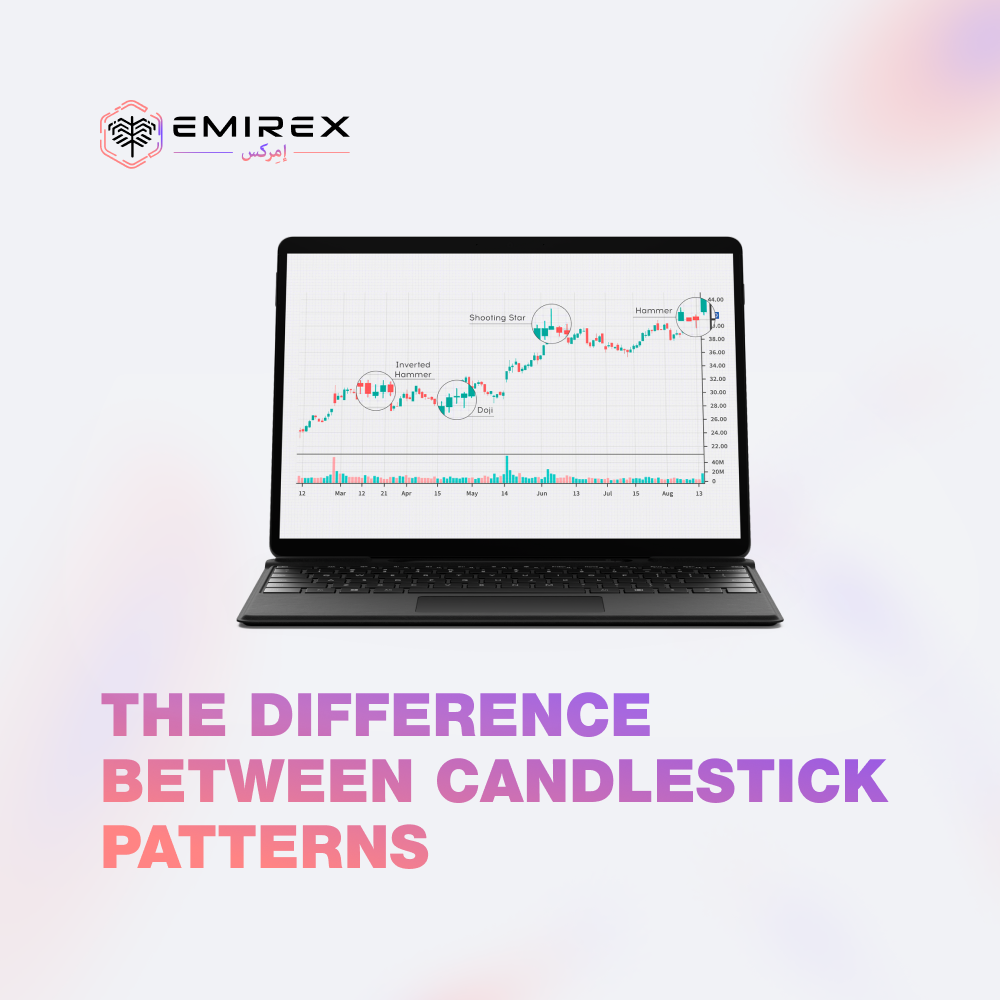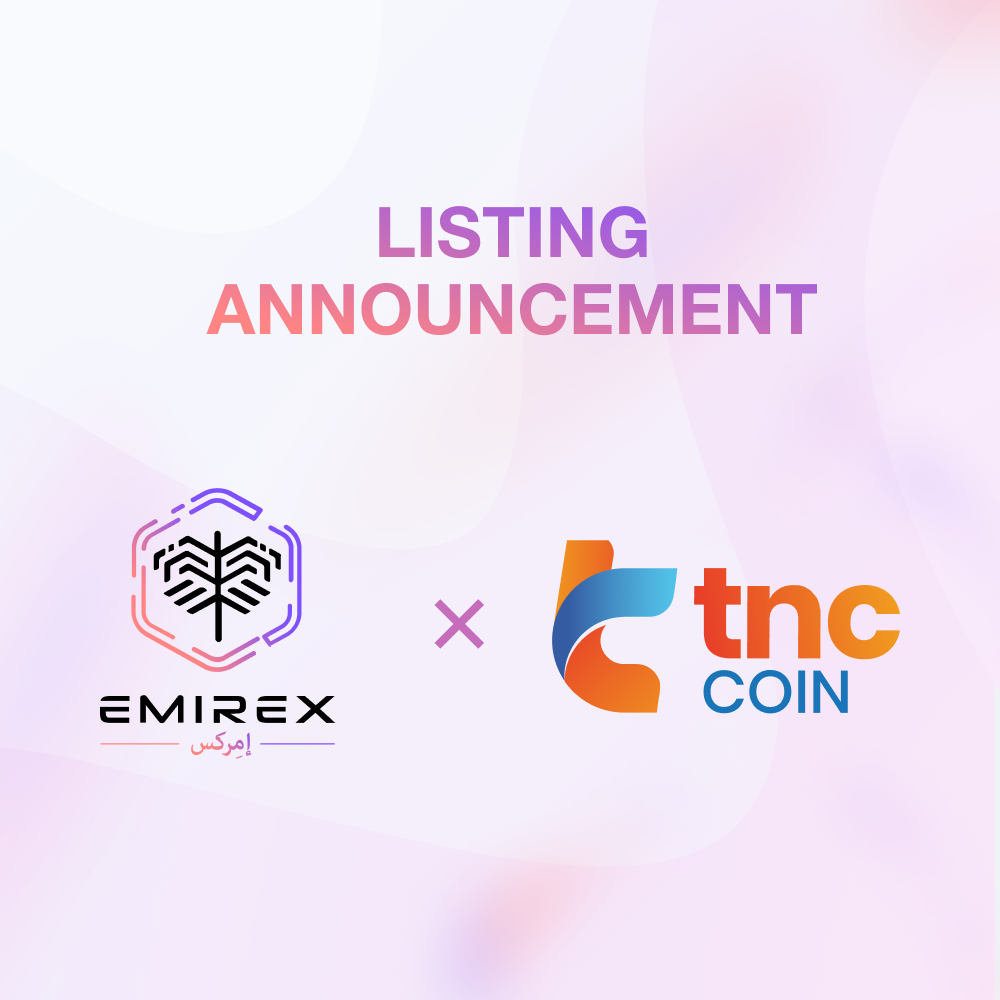Blockchain technology opens up prospects for the creation of a wide range of new business models. The reason for this success is the digital counterparts of securities, the so-called security tokens, which allow you to certify property and give owners the right to implement their investment interests.
In this article, we will give a basic definition of security tokens and highlight their main features.
Definition and Characteristics
Security tokens are the tradeable and regulated blockchain tokens allowing the investors to hold a digital representation of equity shares or assets and to receive anticipated dividends/profit shares, as well as appreciation. Their ownership rights are recorded in a smart contract, and the tokens themselves are traded on exchanges. The turnover of security tokens occurs following the legal regulations of financial regulators of various countries, for example, the US Securities and Exchange Commission (SEC) or the Swiss Financial Market Supervisory Authority (FINMA).
Unlike utility tokens, which are a means of gaining access to a company's product or service, security tokens are tied to real securities, that is, they are considered a financial investment, and additional regulatory requirements are imposed on the companies issuing them, including reporting.
Security tokens also solve one of the biggest ICO problems - the lack of guarantees of compensation in the event of a project failure or fraud by the organizers. Besides, they serve as a risk-hedging tool for an investment strategy such as the Simple Agreement for Future Tokens (SAFT).
- According to the document, the SAFT concept used by companies during the initial coin offering does not guarantee regulatory approval and absolute security for investors.
Advantages
One of the main advantages of security tokens over traditional financial products is the elimination of intermediaries from banks and other organizations. This creates a completely different environment for investing and making deals. Compared to conventional bonds trading, the tokenized asset market offers the following advantages:
- Fractional ownership;
- Fast execution of trades;
- Increased market liquidity;
- Reduced transaction costs;
- Simplification of exchange/trading operations;
- The ability to create an ecosystem of related services;
- Seven days a week, 24-hours a day purchase availability.
Types of Security Tokens
As we have mentioned earlier in the article on Security Token Offering (STO), there are four most common types of tokens:
- Debt tokens are a type of security token that allows the issuer to put assets as collateral and obtain liquidity against them. The asset is frozen on the blockchain until the obtained money is returned.
- Equity Tokens is another way to tokenize a business is by issuing equity tokens, whereby the shares of a company are represented by blockchain tokens. This model is similar to the conventional company shares. Imagine a situation, in which a gold miner from Africa issues 10 tokens, each representing a portion of the equity in his mining business to be held by 10 investors. Each of the investors buys $500,000 worth of tokens. With the generated $5 million the miner buys new lands and equipment, which results in his production volume increase. With the growth of the business, the value of the equity tokens grows, too.
- Profit-Share and Cash Flow Tokens: in this scenario, the gold miner issues 10 tokens, each one representing a certain fixed percentage of profits of the business. The token holders will be entitled to receive regular payments which represent a fixed percentage of the profits of the miner’s business. These tokens do not increase in value when the overall value of the business grows.
- Real Asset Tokens: ownership of real-world assets, such as gold or real estate is represented by these tokens. The blockchain allows us to eliminate complicated processes, trust issues and simplify transactions. Keeping track of records, logistics, is possible safely and transparently. It is possible to use these tokens as tradeable coins, as they are backed by the stable real-world value of commodities.
Prospects for the Security Token Market Development
Multidirectional trends are now being observed. However, despite the projects' attempts to avoid the situation when the tokens issued by them are classified as securities, the general trend continues in this direction.
On the one hand, the arrival of accredited investors can radically change the whole picture of the industry and give it an important impetus for development. On the other hand, it must be remembered that by their nature, security tokens are fundamentally different from cryptocurrencies in their usual sense. In addition to the need to comply with the rules of financial regulators, the development of this industry also requires the creation of the necessary infrastructure, which can be even more difficult.






